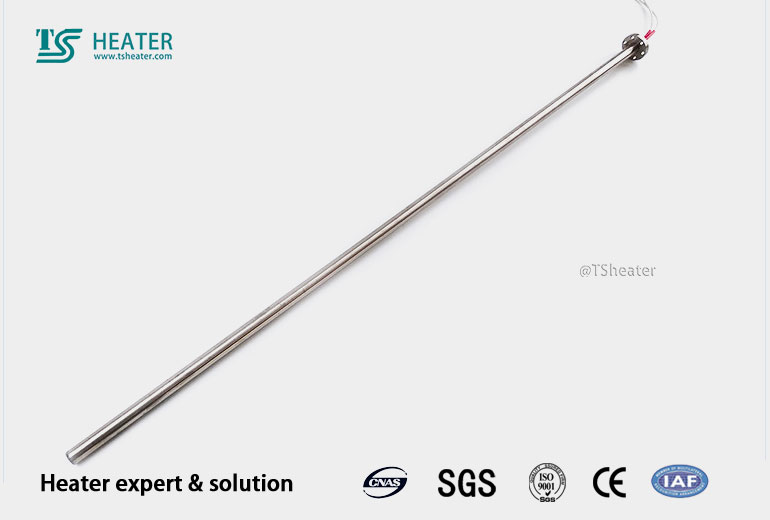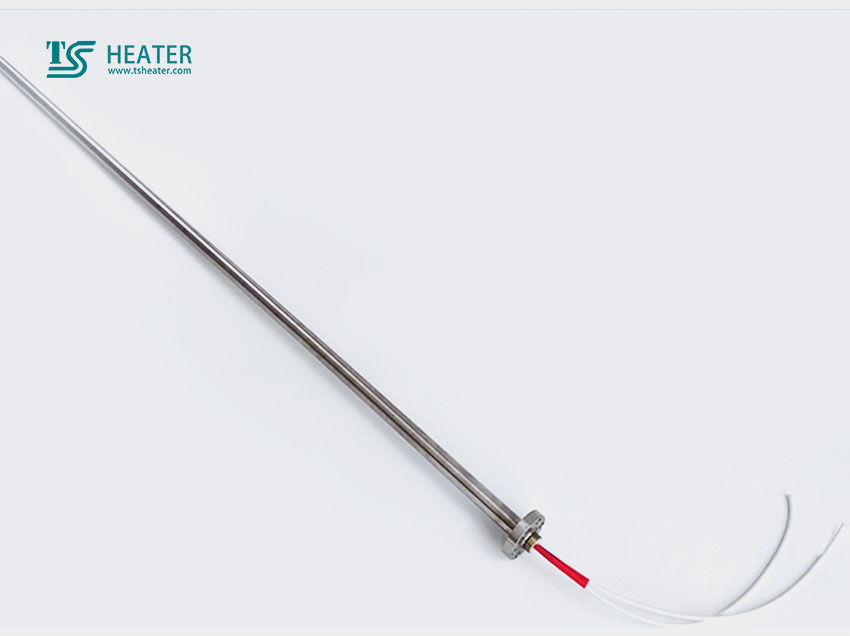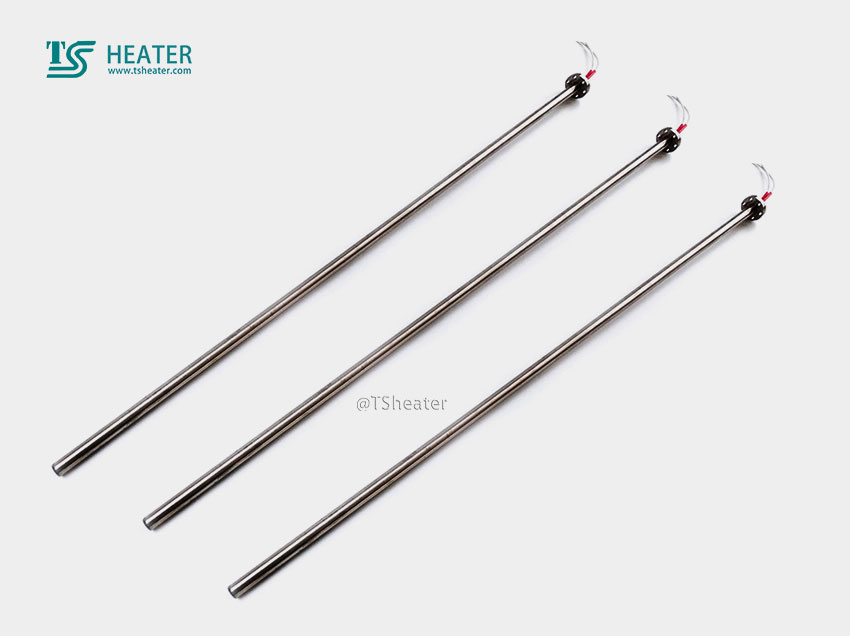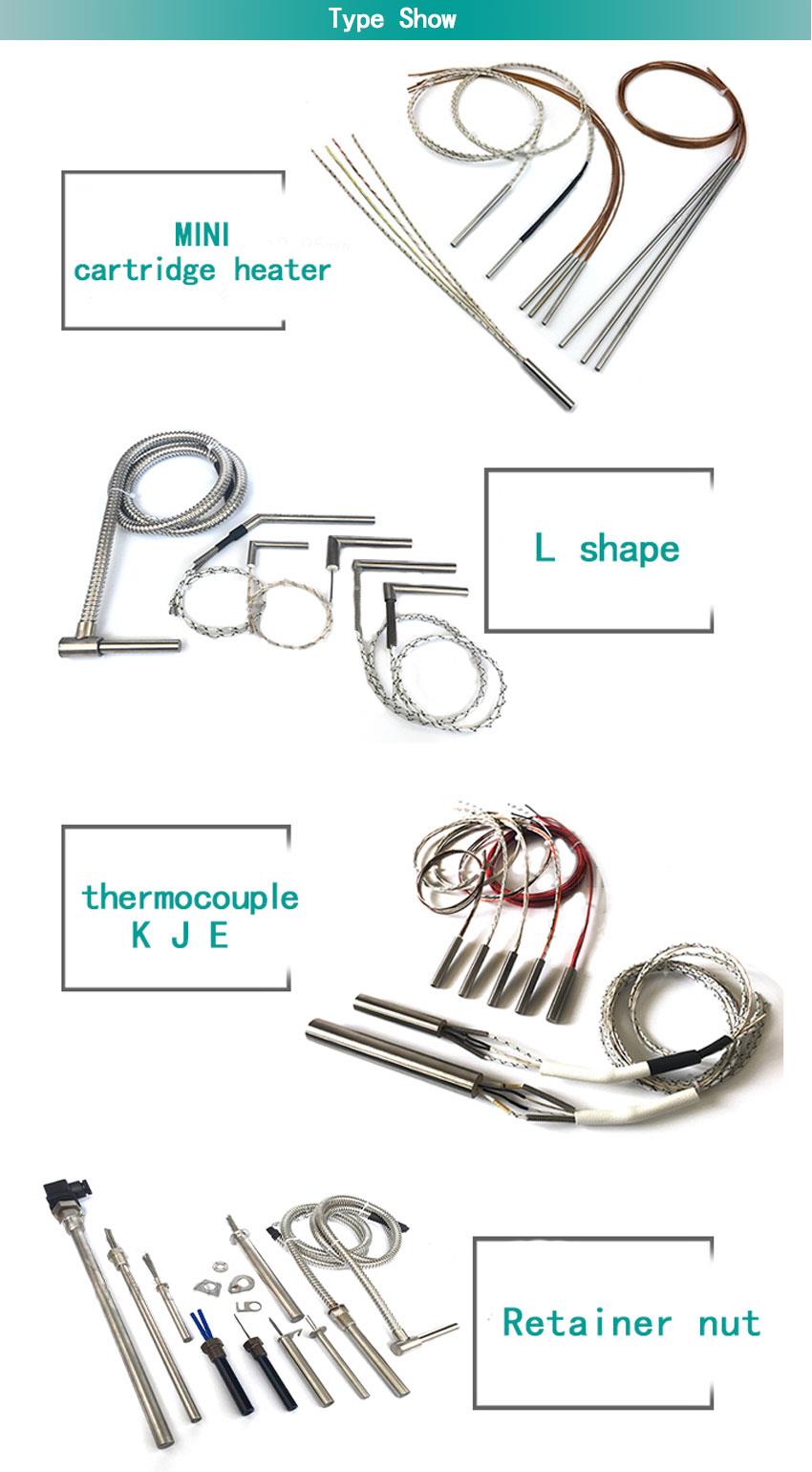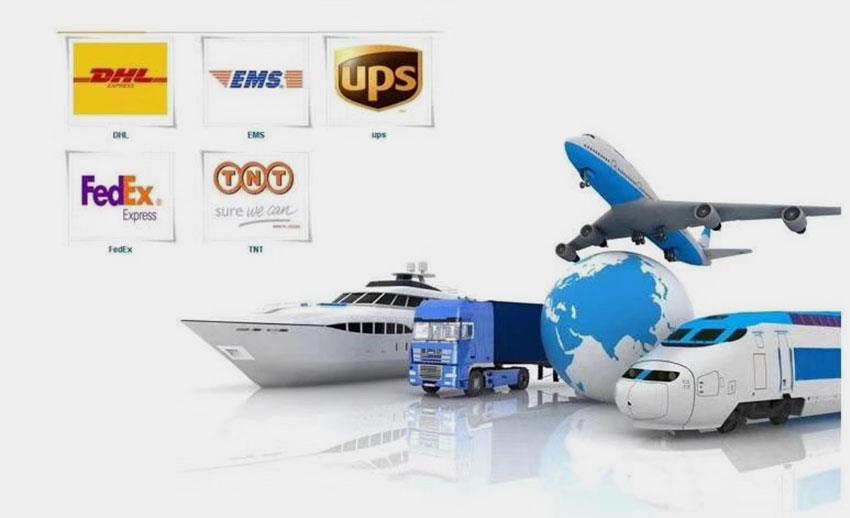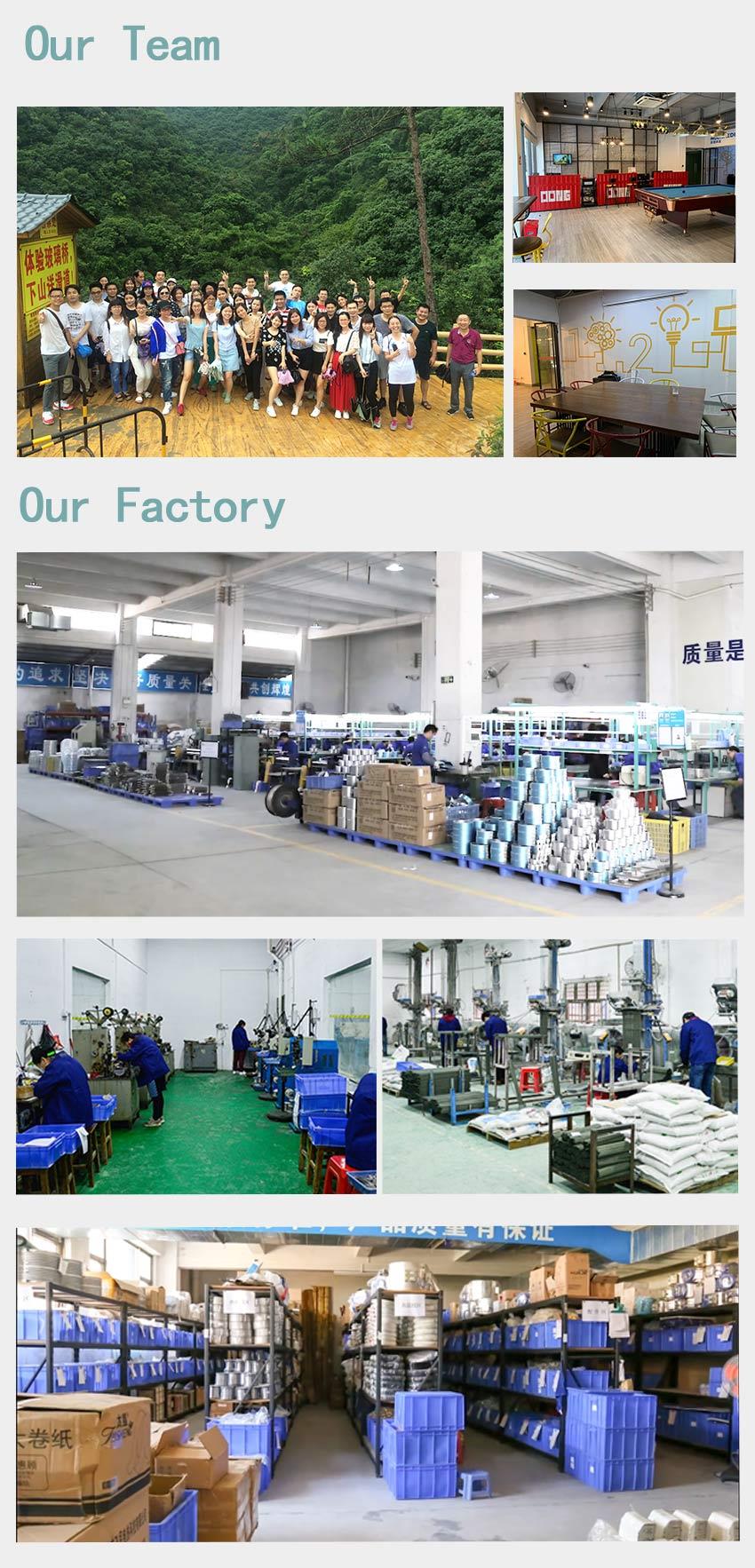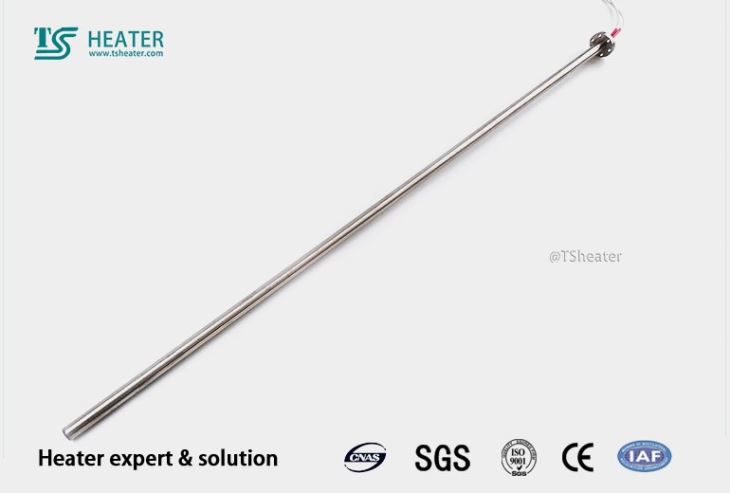
Cartridge Heater And Heating Element Hot Water HeaterHeaters used in industrial environments are usually powered by electricity.Heating Rods Electric All electric heaters manufactured, heater elements made from specially designed electric heating rods.Heating Rods Electric
Typical heating elements are made of steel or stainless steel.Heating Rods Electric
Used to heat water or similar liquid medium, usually non - corrosive.
Other corrosion resistant materials used are alloy components, such as copper or titanium.
They are the most resistant to high temperature and high corrosion resistance media.
Heating Rods Electric
Heating elements are an important part of industrial heaters and have various additional benefits for specific applications.Heating Rods Electric
The choice of heating elements depends largely on the type and nature of the medium used.
In addition to this medium, the type of heater it is installed on is also related to the type of alloy it must be made of.Heating Rods Electric
These elements are factory configured to any shape and size.
They operate in the very high temperature heating element needs to operate the process temperature is much higher than 1600 F.
The material of the heating element varies according to its purpose.
Immersion heaters typically require materials to have a strong resistance to wear at extreme temperatures and to remain submerged regardless of erosion.
With these conditions in mind, stainless steel is ideal for heating water and other similar chemicals.
Stainless steel is made of at least 10.5 percent alloy steel, with a more likely 13 to 26 percent chromium mass.Heating Rods Electric
The obvious advantage of stainless steel over plain carbon steel is its oxidation resistance.
However, stainless steel does not completely protect against corrosion.
In low oxygen, high salinity, poor circulation and other external environment, stainless steel is easy to be affected by chromium oxide passivation film.
The use of exotic alloys further enhances the heating element's ability to withstand its inherent erosive properties.
Copper, for example, does not react to water, so it avoids normal oxidation.
However, because of its long-term use, it eventually reacts with oxygen in the atmosphere to form a layer of copper oxide instead of iron oxide.
The corrosion resistance of titanium is one of its important properties.
Another advantage of titanium Heating Rods Electric
